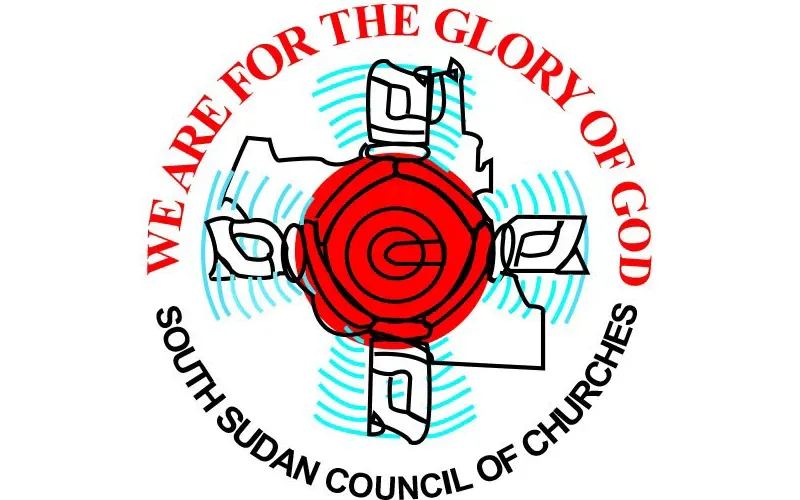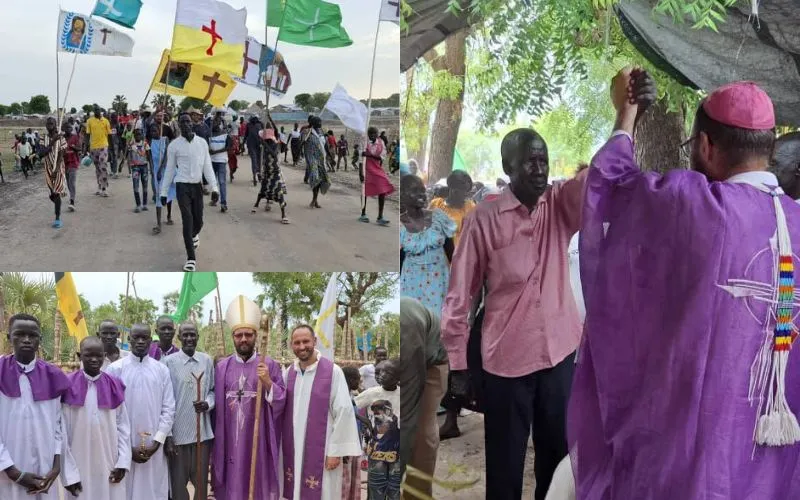The gospel of nonviolence, “is not a passive approach”, they say, explaining that it is “not simply submitting to or colluding with violence, but is active and prophetic in responding to all forms of violence, amongst individuals, families, clans, tribes, and political and military factions, and including systemic violence embedded in our cultural, societal, and political life.”
In their two-page statement dated March 10, SSCC members go on to provide further details their understanding of the gospel of nonviolence.
Being deeper than simply avoiding war, SSCC members say, “nonviolence calls us to a new way of life which respects the dignity of every person and the integrity of creation.”
“Nonviolence names a core value of the Gospel, in which Jesus combined an unmistakable rejection of violence with the power of love and truth in action for justice and peace,” they add.
In combining the rejection of violence and fostering justice and peace through love and truth, the church leaders in South Sudan say, “We act as faithful disciples of Jesus our Lord to foster peace and justice in our beloved nation.”
Separated from the Sudan Council of Churches (SCC) in 2013, two years after South Sudan gained independent from Sudan, SSCC provides a platform to enhance the spirit of ecumenical cooperation towards collective action for peace in the world’s youngest nation.
In their statement shared with ACI Africa March 16, SSCC members say, “Nonviolence is broader than pacifism” and that “it’s much more than the absence of violence and it’s never passive.”
SSCC members further describe nonviolence as “a spirituality, a constructive force, an effective method for social transformation and a powerful way of life committed to the wellbeing of all.”
Recalling their retreat in Lukenya in Kenya in 2022 during which they reviewed the SSCC Action Plan for Peace (APP), the heads of the churches in South Sudan say, “We agreed that gospel of nonviolence should be an essential avenue for the Church to foster peace in South Sudan.”
The Church leaders request the ecumenical global partners “to support them in increasing the knowledge of active nonviolence.”








